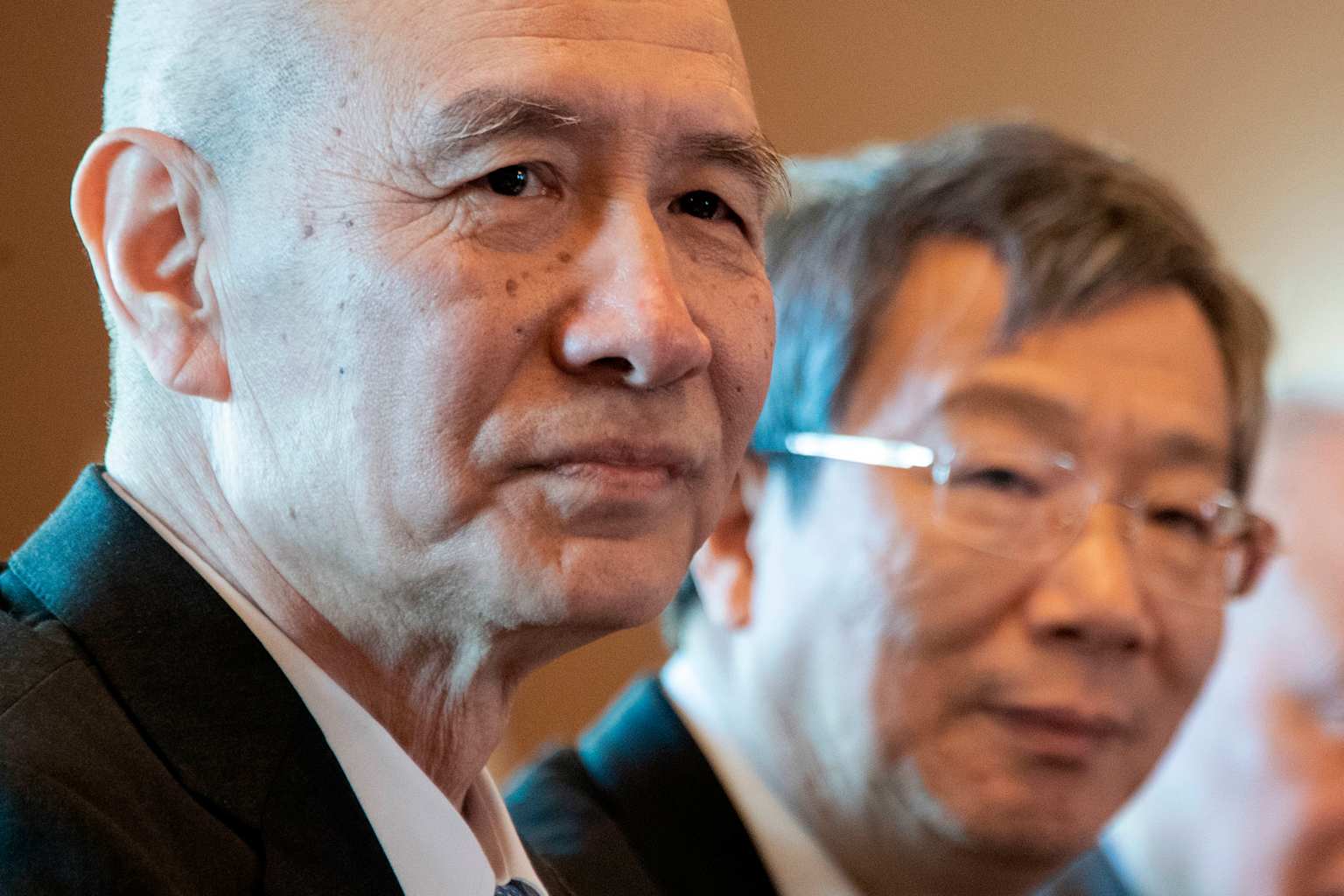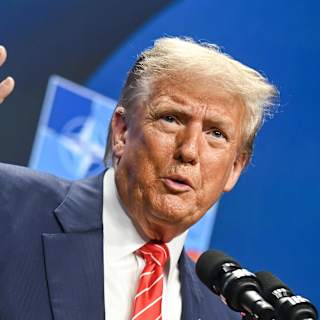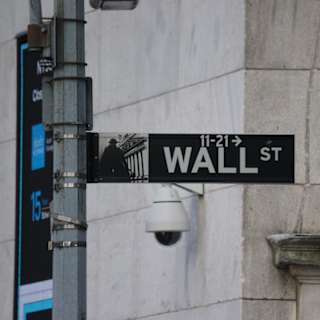- High-Stakes Negotiations Enter Final Week
- Mixed Market Reactions Amid Uncertainty
- Broader Economic Implications
European stocks posted modest gains on Tuesday as investors monitored high-stakes trade negotiations between the European Union and United States with just eight days remaining before a critical tariff deadline that could reshape transatlantic commerce.
The pan-European STOXX 600 index advanced 0.2% to 542.42 points as of Tuesday morning, according to the Economic Times, as markets weighed prospects for a last-minute deal before July 9, when President Donald Trump's pause on "reciprocal" tariffs expires. The deadline looms as EU Trade Commissioner Maroš Šefčovič prepares for Washington talks this week in a final push to avert punitive duties on European exports.

The EU appears willing to accept a trade arrangement that includes a 10% universal tariff on many exports to the United States, but is seeking US commitments to reduce levies on key sectors including automobiles, steel, aluminum, and pharmaceuticals, Bloomberg reported12. Trump initially threatened to impose 50% tariffs on EU goods in May before agreeing to extend negotiations until July 93.
"The 9th of July is around the corner, so for me it's always a good sign when we can move from the exchange of views into the drafting process," Šefčovič said, according to Morningstar4. The stakes are considerable given that the US was the largest partner for EU goods exports in 2024, worth more than €530 billion3.
Despite Tuesday's gains, European markets have shown volatility in recent sessions. The STOXX 600 closed Monday 0.42% lower at 541.37, logging monthly declines as investors grappled with trade uncertainty1. Utility stocks led Tuesday's sectoral gains with a 0.9% rise, while media shares fell 0.6%2.
The automotive sector faces particular vulnerability, with analysts warning that a 25% tariff on vehicles could adversely affect European automakers and their supply chains3. Healthcare stocks, including Germany's Bayer, have also faced pressure amid broader trade concerns1.
Trade experts predict the economy could fall into recession if the tariff pause expires and duties take effect at levels announced in April, according to Investopedia1. The uncertainty has prompted businesses to curtail expansion plans while the Federal Reserve has held off on rate cuts1.
White House Press Secretary Karoline Leavitt indicated Thursday that the July 9 deadline was "not critical" and "could be extended," though Treasury Secretary Scott Bessent warned that countries could face sharply higher tariffs despite good-faith negotiations12.
European Commission President Ursula von der Leyen expressed belief last week that a deal could be secured before the deadline3.




